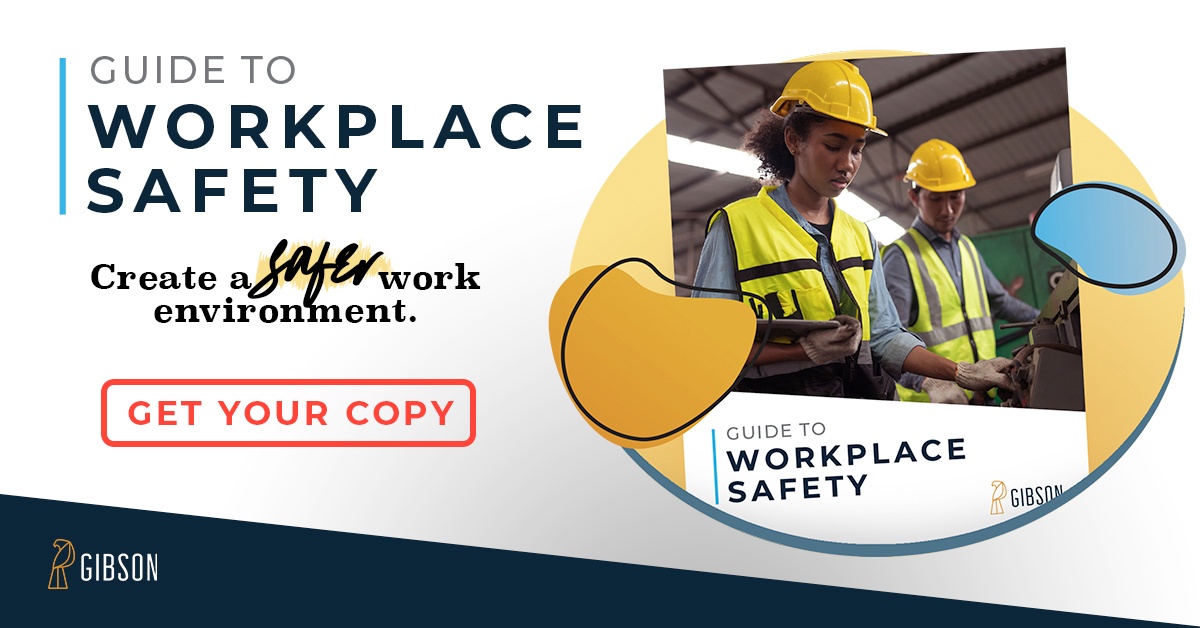Recently I asked several executive coaches I know – Tony Hutti, Pat Frazier, and Bruce Gobdel – what traits they observed in the very best leaders. I was curious if the top executives shared some common qualities.
As I put this post together, I began to see it as a leadership check-up of sorts. It also became apparent to me that I need a little work done myself. As you read it, I challenge you to perform your own diagnostic check and commit to making the necessary repairs.
The Best Leaders
"The best understand they must change and evolve to become an inspirational leader,” commented Hutti. "It's about attracting the best people and letting them be accountable for results. They foster teamwork and alignment with the mission and vision."
“They are transparent and willing to ask and receive help from others. Self-leadership always precedes the leadership of others,” said Frazier.
"Far and away, they demonstrate humility,” added Gobdel. "They're people focused and understand that their success in serving clients is a team effort. They also keep the end in mind and have the courage to stay the course."
"I can tell when they've really come into their own", said Hutti. "They begin to choose to only do business with clients and suppliers that share their values. That's a function of confidence and discipline."
Here are some additional thoughts I received from colleagues around the country:
- They are humble and focused on the greater good. “Success is about making a difference in the lives of others,” said Dave Gibson, Chairman Emeritus of Gibson. By helping their teams succeed, the best CEO experience even greater success.
- They have an uncanny awareness of the situation. They help others see and get perspective.
- They are surrounded by great talent. They don't have to be the smartest person in the room. In fact, as Amish Shah, CEO of Kem Krest said in a previous blog, they don't want to be. As a result, talented folks are drawn to them.
- They are strategic and disciplined. They are always considering the end game and carefully planning and executing the steps required to get there.
- They are self-aware. They have a sense for their own strengths and weaknesses.
- They exhibit grace under fire. When everything is blowing up around them, they calmly lead their team forward, accepting blame for the bad and deflecting praise to others.
- They have emotional intelligence. The ability to perceive, assess, and regulate their emotions is extremely impactful.
- They are good listeners and seek to understand those around them. They are able to read non-verbal clues as well.
- They have powerful personal brands. In a recent Twitter exchange with Jon Ferrara, founder of GoldMine and now CEO of Nimble, he replied to me, “Building my personal brand and nurturing my professional network is a habit I practice daily.”
- They lead by example, living out the organizational and personal core values they champion.
- They establish trust by putting the team's interests ahead of their own personal interests without exception.
What’s The Risk?
The risk is doing nothing, therefore failing the check-up completely. Instead take it one fix at a time. Focus on making just one repair. Acknowledge it to others and commit to change. Before you know it, it will become much more natural and I’m betting you’ll be quite pleased with the results.
As John Kotter wrote in an HBR blog post entitled Management Is (Still) Not Leadership, “Leadership is about vision, about people buying in, about empowerment and, most of all, about producing useful change. Leadership is not about attributes, it's about behavior.”
That’s what struck me about the thoughts I collected from friends and business associates. Most of the feedback about the “best leaders” was focused on behaviors. Yes, strategy matters. Of course knowledge is important. But the things followers want most are to be heard, supported, and engaged. You can’t manage that, you must lead it.
Today’s business world is moving at an ever-increasing pace. Command and control leadership won’t get it done. Do you have the desire and ability to be the type of leader your organization needs?




